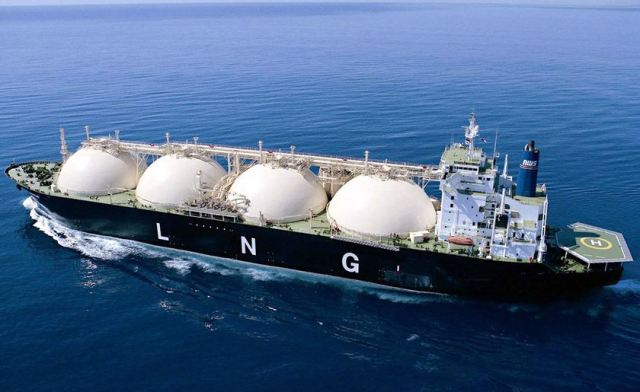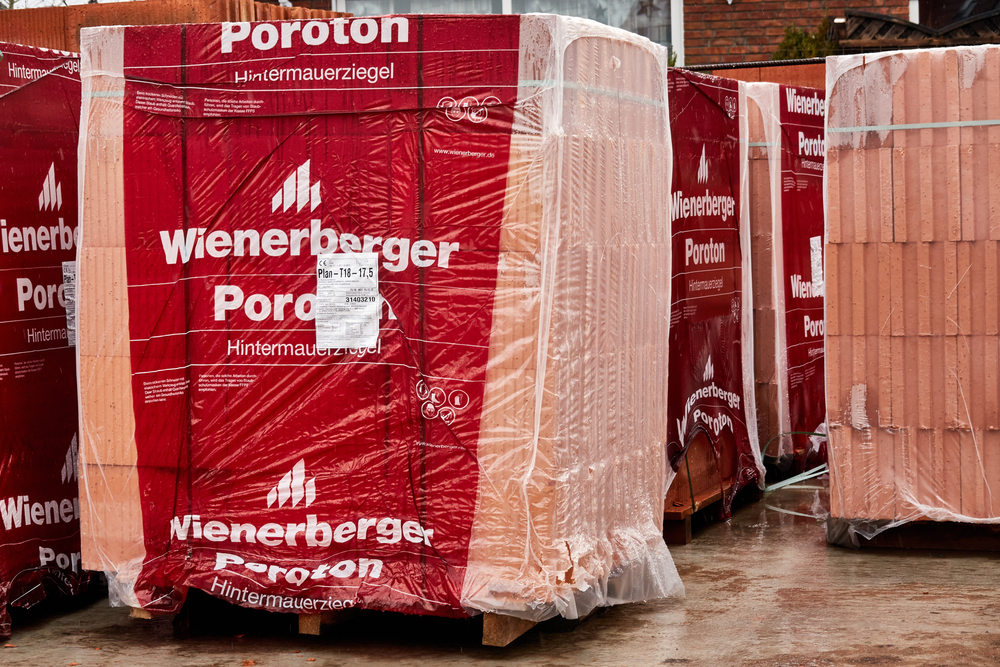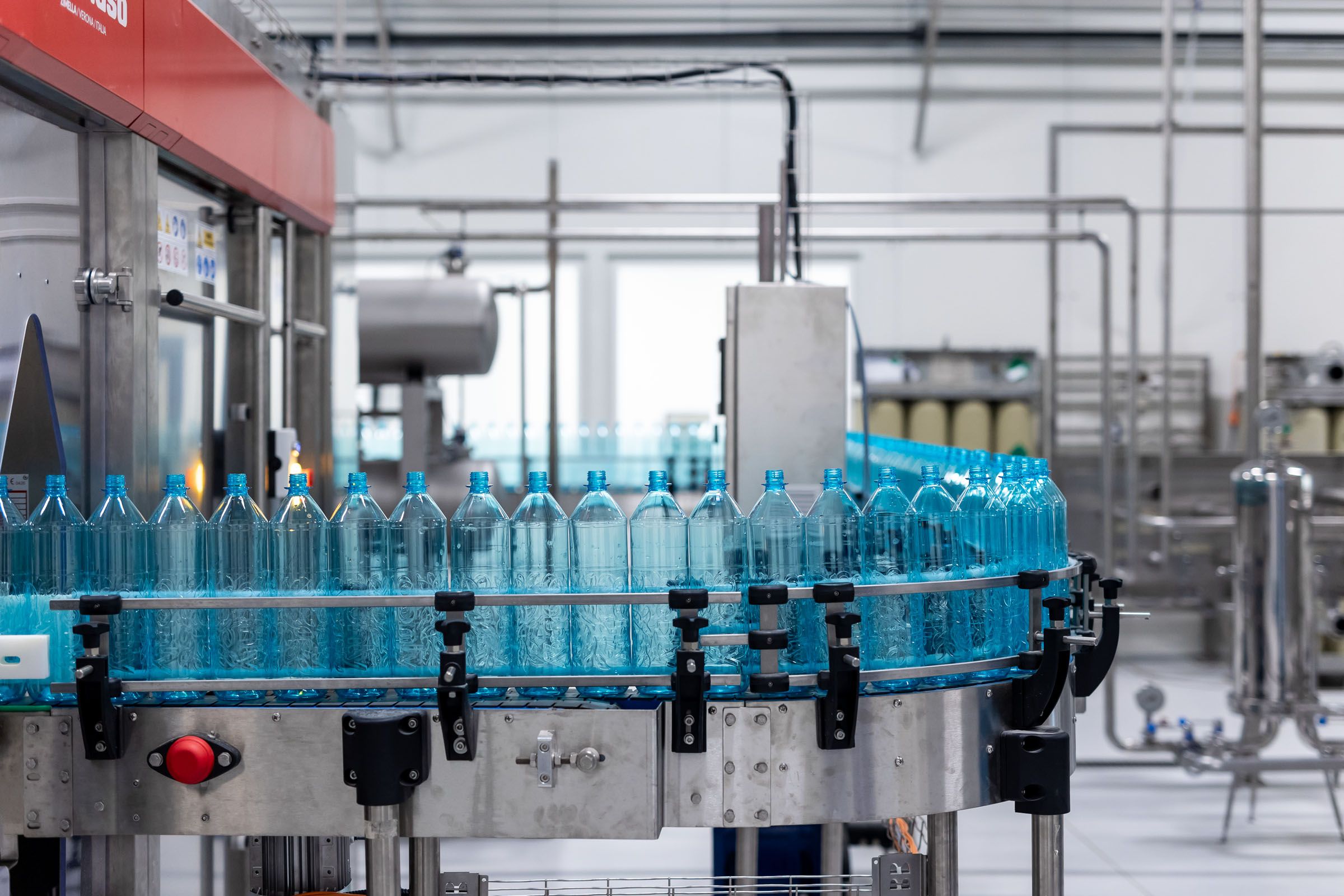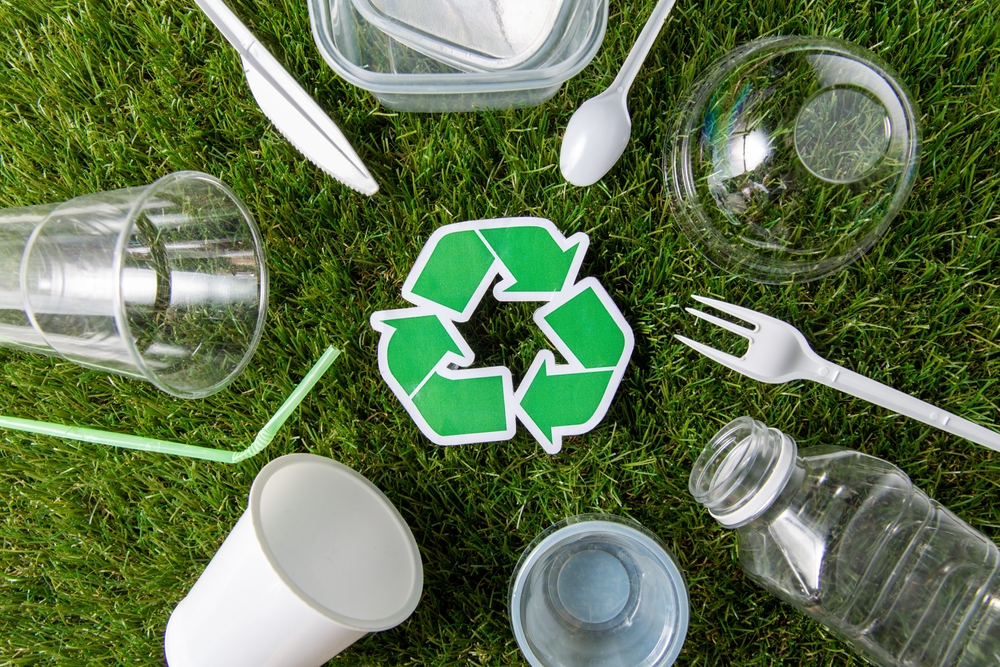The increasing significance of LNG – alternative fuel revelation?

The three letters “LNG” stand for liquefied natural gas that is produced in a very simple approach by cooling the exploited natural gas in special LNG plants. The advantage of this technology the “green” qualities as fuel on the one hand, and the simplified transportation of the gas through the main waterways around the World on the other.
by Dr. Péter Gullai, Attorney at law, Schoenherr Hetényi Attorneys at Law
The transportation is easy because the LNG is dense and thus bare space is enough to carry huge amounts of it. The LNG value chain is the following: exploration and production, liquefaction, shipping, storage and regasification. Until regasification, LNG is stored in double-walled tanks that meet the demands of high safe standards. Upon regasification LNG is warmed and this way turns to natural gas at the special regasification stations typically located at harbours. Afterwards, the natural gas is ready for intake into the transmission grids and distribution pipelines for the ultimate use by consumers and industrial end-users. The advantage of LNG technology compared with natural gas in its gaseous state: much more flexible to handle and to spread in inland waterways. The price of LGN in general is also competitive. It helps to reduce energy dependence compared to natural gas pipelines as well.
Another field of utilization of LNG as fuel literally is shipping, so it serves mostly as the propellant of large ships and tankers crossing the ocean, and it is becoming more and more suitable for smaller vessels, too. It is somewhat extraordinary that a tanker hauling LNG can be operated with LNG. As, to a certain extent, LNG became an available and proven alternative of diesel oil, and the number of ships equipped with gas engines or at least bi-fuel engines is expected to increase. One of the biggest benefits of using this energy is that it supports sustainable development by way of helping to reduce the SOx and NOx emissions. What is more, it also reduces CO2 emission by 20% according to several sources.
The developments of the above technical matters and the availability of the LNG challenged the decision makers of Europe. The 2014/94/EU Directive (the “Directive”) gives a brief summary on the expectable developments of the sector of this alternative fuel. Until 2030 the latest the core network of the refuelling stations at maritime and inland ports has to be finished including LNG terminals, tanks, mobile containers, bunker vessels and barges. The member states of the EU should ensure an appropriate distribution system between storage stations and refuelling points for LNG. To meet the above deadline it is a necessary condition to enable the transportation between the different member states of the EU e.g. by way of development of the inland waterways on the big rivers of Europe, Rhine, Main and Danube. This implies many regulatory questions and licencing issues regarding the construction of the industrial facilities such as plants handling LNG in huge amounts. Some of the requirements are of an environmental nature, others are in connection with safety while special rules apply on construction works too.
In Hungary, an explicit regulatory framework is not available regarding LNG yet, as the Hungarian Gas Act covers only natural gas in gaseous state. However, when planning a liquefaction plant, before observing the general permission rules of construction, one should consider that an IPPC permit has to be obtained primarily. The European Agreement Concerning the International Carriage of Dangerous Goods on inland waterways (“ADN”) regulates the transportation of dangerous goods on inland waterways. ADN has been implemented to Hungarian law system by the Act No. VI. of 2010 and the Min. dec. 49/2002 on the basis of which harbours and piers to be used for loading and unloading dangerous goods (including LNG) must be licensed for ADN activities.
In order to ensure the spread of LNG as shipping fuel the Directive mentions that the Commission has established the European Sustainable Shipping Forum in order to assist it in implementing the Union’s activities in the area of maritime transport sustainability. This Forum helps the Commission to develop standards or rules for marine LNG as ship fuel covering technical, operational, safety, security, training and environmental aspects of LNG bunkering. For inland waterways in Europe, Central Commission for the Naviga-tion of the Rhine has been established as an international organization dealing with all the issues of inland navigation. It is also worth mentioning the Danube Commission, an inter-governmental organization which may ensure the free navigation of the Danube.
It seems inevitable that the Commission will consult with the experts of the above mentioned bodies, before preparing legal materials regarding inland shipping of LNG.

SUPPORT THE BUDAPEST BUSINESS JOURNAL
Producing journalism that is worthy of the name is a costly business. For 27 years, the publishers, editors and reporters of the Budapest Business Journal have striven to bring you business news that works, information that you can trust, that is factual, accurate and presented without fear or favor.
Newspaper organizations across the globe have struggled to find a business model that allows them to continue to excel, without compromising their ability to perform. Most recently, some have experimented with the idea of involving their most important stakeholders, their readers.
We would like to offer that same opportunity to our readers. We would like to invite you to help us deliver the quality business journalism you require. Hit our Support the BBJ button and you can choose the how much and how often you send us your contributions.









